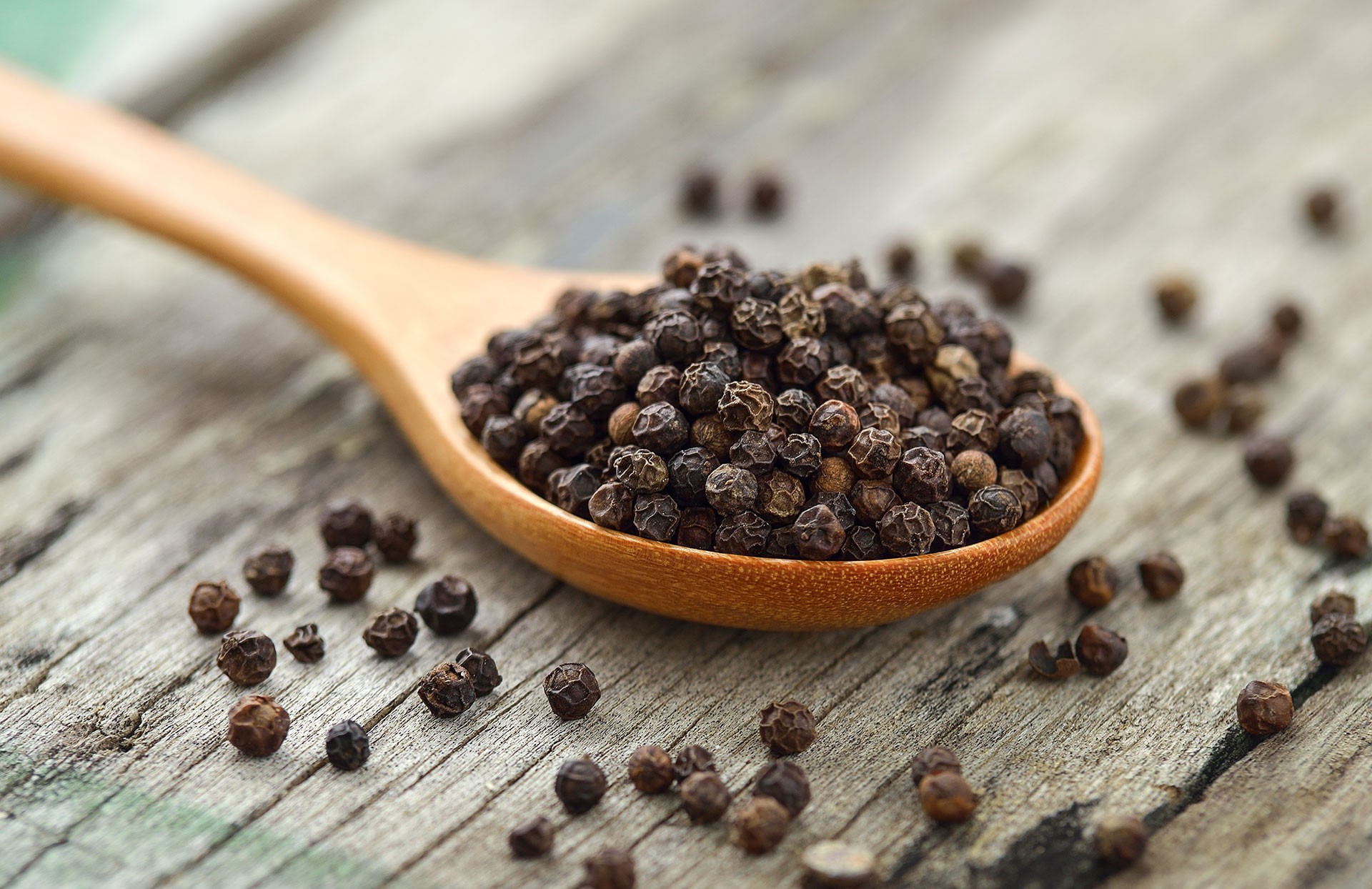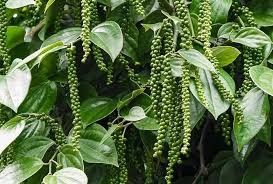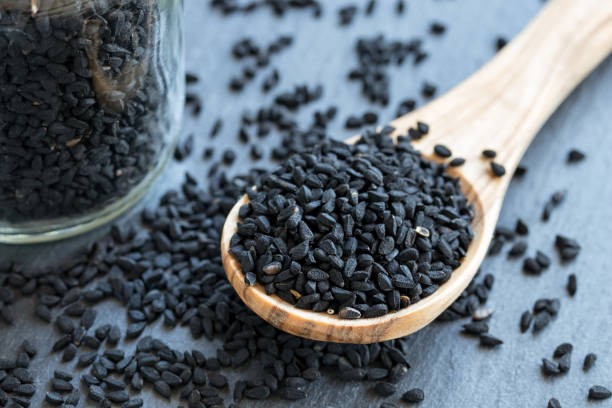
Background
Black Pepper, scientifically known as Piper nigrum, is one of the most widely used spices globally and has been dubbed the “King of Spices.” Native to the Malabar Coast of India, it has been a key component in ancient Ayurvedic, Chinese, and Unani medicinal systems. Beyond flavor, Black Pepper holds significant therapeutic properties due to its bioactive compound piperine.
Objective
To analyze the medicinal value of Black Pepper, evaluate modern scientific research, and explore its applications in natural health and commercial wellness products.
Active Compounds
-
Piperine – The primary alkaloid responsible for its pungency and numerous health benefits.
-
Essential Oils – Like limonene and caryophyllene, contributing to antioxidant and anti-inflammatory effects.
-
Flavonoids & Terpenes – Offer antimicrobial and digestive support.
Scientific Findings
1. Enhances Nutrient Absorption
-
Study: A clinical study published in Planta Medica found that piperine enhances the bioavailability of curcumin (from turmeric) by 2000%.
-
Application: Used in herbal supplements to improve nutrient absorption.
2. Digestive Aid
-
Stimulates the secretion of hydrochloric acid and digestive enzymes.
-
Traditional Use: Used in Ayurveda to treat bloating, indigestion, and loss of appetite.
3. Anti-inflammatory & Antioxidant Properties
-
Study: Research in the Journal of Ethnopharmacology confirmed piperine’s ability to reduce oxidative stress markers and inflammation.
-
Potential Use: May assist in managing arthritis, asthma, and metabolic syndrome.
4. Weight Management
-
Mechanism: Piperine interferes with the formation of new fat cells (adipogenesis) and increases thermogenesis.
-
Market Product Example: Fat-burning supplements often include black pepper extract (BioPerine®).
5. Cognitive Function & Neuroprotection
-
Study: Animal studies suggest piperine improves memory and may protect against neurodegenerative conditions like Alzheimer’s.
-
Application: Emerging interest in nootropic formulations.
Market Impact
-
Global Spice Market Size: Estimated over $5 billion, with Black Pepper as a major contributor.
-
Functional Supplements: BioPerine® is a patented black pepper extract used globally in over 100+ nutritional brands.
-
Growth Driver: Demand for natural enhancers and clean-label nutrition.
Challenges
-
Overuse Risks: In large doses, piperine can irritate the gastrointestinal tract.
-
Standardization: Varies in active compound concentration by origin and processing.
-
Regulatory Limits: Must be approved as a food additive/supplement in many regions.
Conclusion
Black Pepper is far more than a kitchen staple—it is a powerhouse of therapeutic value. Its ability to enhance bioavailability makes it a critical component in modern supplements. Scientific research supports its use in digestion, inflammation, and metabolism, making it a valuable natural agent in holistic health care.
Gallery


